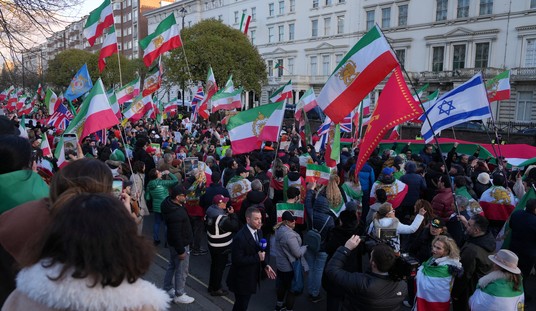Advertisement
The move is part of TSA’s Security Partnership Program (SPP), the nearly eight-year-old program allowing U.S. airports to opt out of federal screening and instead privatize their security forces. If Sacramento receives final approval from TSA, it would become the third major airport to participate in the SPP program.In all, 16 airports currently participate in the SPP program. This small number of participants is partially due to long-standing TSA resistance to the program, which culminated early last year when TSA head John Pistole said the agency would no longer expand the program to additional airports. Pistole justified this decision by claiming that he did not see “any clear or substantial advantage to doing so at this time.”
Thankfully, many in Congress were of a different opinion. In this year’s Federal Aviation Administration authorization bill, Congress passed a provision requiring that TSA consider all SPP applications in a fair, timely, and transparent manner. The legislation further dictates that any application that does not threaten to “not compromise security or detrimentally affect the cost-efficiency or the effectiveness of screening” must be approved.
TSA has long tried to argue that use of privatized screening costs anywhere from 3 percent to 9 percent more than use of federal screening, while other opponents have argued that the SPP program threatens security by reducing TSA flexibility and cohesion. According to the House Committee on Transportation and Infrastructure, however, U.S. taxpayers would save “$1 billion over five years if the Nation’s top 35 airports operated as efficiently as [San Francisco International Airport] does under the SPP model.” This same study also concluded that SPP screeners are 65 percent more efficient than federal screeners.
Recommended
Advertisement
Does this mean that TSA is going to be gradually phased out? Maybe, maybe not. Only a small handful of airports have opted into the Security Partnership Program. Also, the TSA has expanded to train stations and bus terminals. Expecting the TSA to go away overnight is not realistic. With that being said, a limited number of airports and Congress both working to privatize airport screening is a step in the right direction.
This post was authored by Townhall.com editorial intern Kyle Bonnell

























Join the conversation as a VIP Member